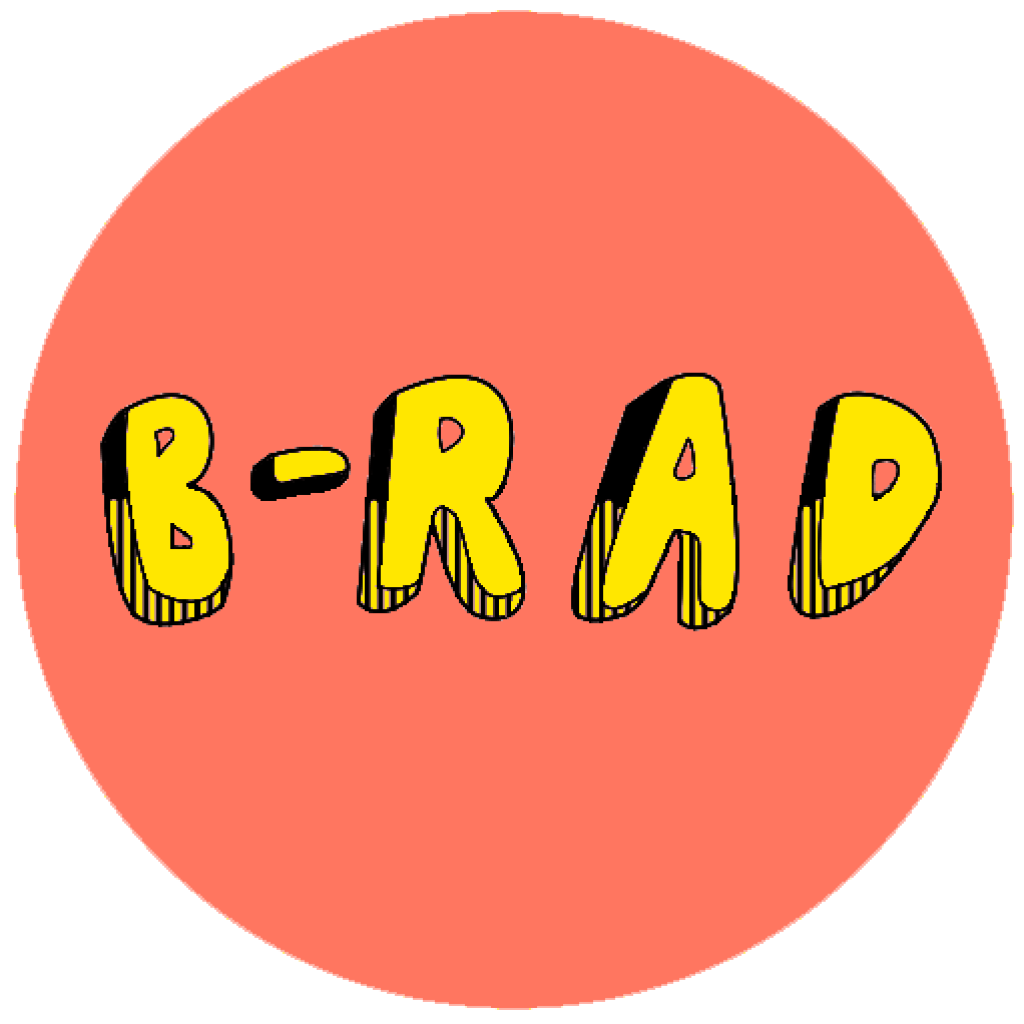
PSYCHOS on B-RAD
 About the Pod
About the Pod

 About the Pod
About the Pod




Autism often goes unrecognized and undiagnosed in girls. In this episode we explore the diagnostic challenges, common misdiagnoses, and possible reasons why girls are underdiagnosed.
In this episode, Annika talks about their senior work.
Cultural engagement and participation often leaves me feeling good, but this week (in connection with The Magic of Adolecence) we are talking about the evidence to support that feeling. From cultural pride providing support for oppressed groups, to cultural knowledge promoting positive wellbeing and development, family and community cultures seem to exist for a reason.
Social Emotional Learning programs have, since their start, been successful risk-behavior prevention tactics. This episode connects the current conversation in The Magic of Adolecence, and Social Emotional Learning classes. Risk-behavior includes: substance abuse, violence and agression, sexual misconduct and unprotected sex, driving recklessly, eating disorders, suicidality and more.
This week we looked at the ethical debate on collecting data from the internet. Open-source data use has been a debate since the dawn of the digital age; how does informed consent come into play? How can we correctly understand and contextualize public online posts? The internet is full of information and diverse perspectives protected by the relative anonymity of the online world, however, it is also full of deceit and missinformation.


